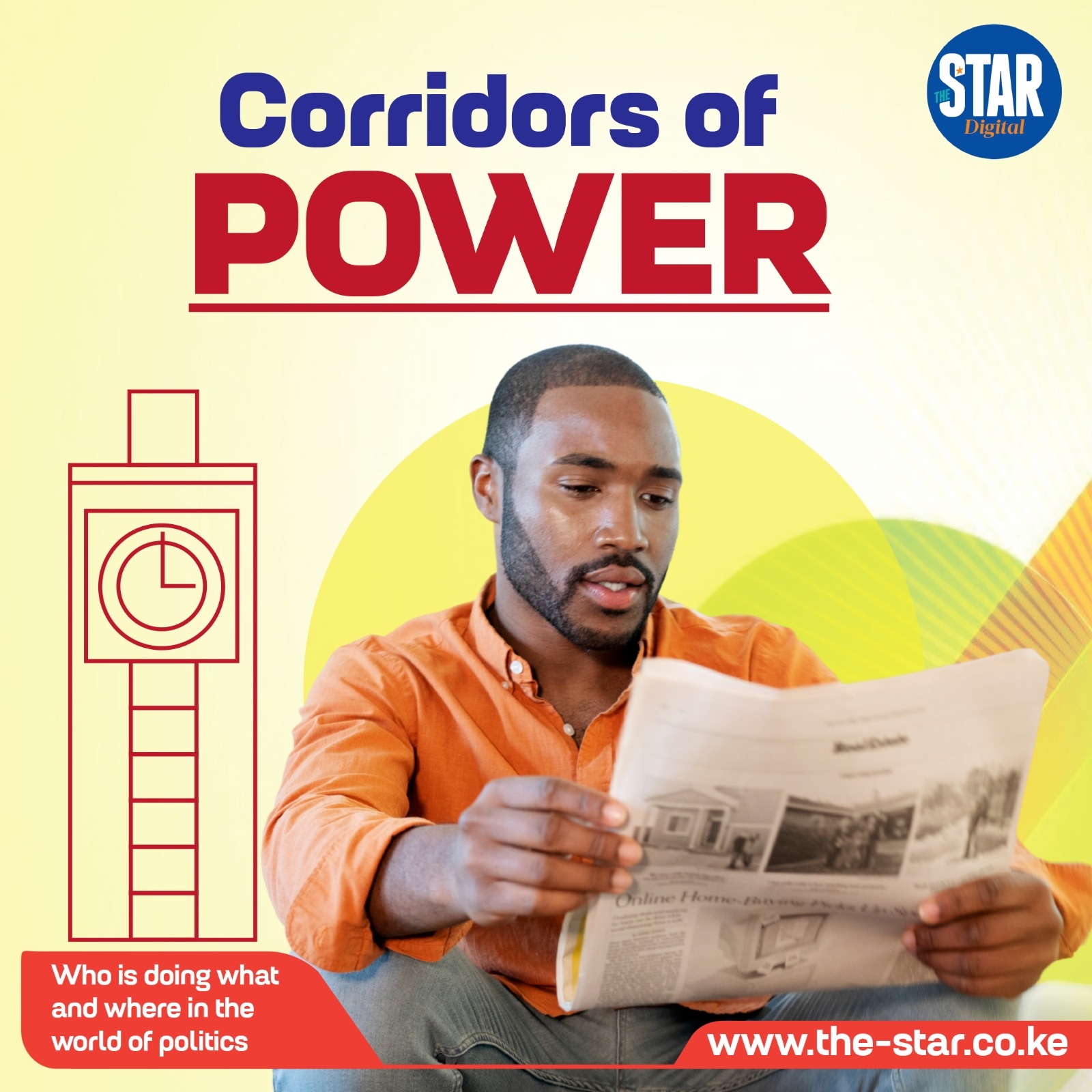Five in every 1,000 Kenyans experienced modern slavery in 2021, a study shows.
The 2023 Global Slavery Index says this translates to 269,000 people who experienced forced labour or marriage, ranking Kenya 88th globally in terms of prevalence of modern slavery.
The report shows the alarming increase of people experiencing modern slavery and trafficking around the world every year.
The Global Estimates of Modern Slavery report revealed 10 million people were forced to work or marry since 2016. This brings the estimate of people around the world living in modern slavery to 50 million.
Former UK Prime Minister Theresa May said more people are experiencing modern slavery and trafficking around the world every year because of the increase in geopolitical and economic volatility, conflict and climate change.
“Modern slavery and human trafficking affect people in every country of the world, including Kenya, and it is vital to understand the particular challenges being faced in the region from both a government and civil society perspective,” she said.
May spoke on Monday during a visit to Maisha Safe House, an organisation with a mission to reach out, receive and protect girls in the most vulnerable situations, providing shelter, safety and opportunities.
The Global Commission on Modern Slavery and Human Trafficking met in Kenya to understand the impact of modern slavery and human trafficking on Kenyans and people in the region.
The commission, chaired by May, was established to raise the issue of modern slavery and human trafficking to get the world back on track towards its eradication by 2030.
Social Protection and Senior Citizen Affairs PS Joseph Motari said eradicating modern slavery and human trafficking is a high priority issue for the government.
He said the enactment of the Counter-Trafficking in Persons Act marked a significant milestone in the efforts to fight human trafficking.
“This comprehensive law has provided a robust legal basis for prosecuting traffickers, protecting victims and preventing trafficking. The Act has some of the most punitive penalties for traffickers in the region," Motari said.
"Other notable laws in the fight against modern slavery and human trafficking include the Children Act, the Sexual Offences Act and the Labour Act.”
The PS said the government has established a national assistance trust fund to support in the rescue, return and reintegration of victims of trafficking.
“The government also established specialised units within the police service and the Office of the Director of Public Prosecutions to tackle the investigation and prosecution of trafficking in persons’ cases,” Motari said.
Sophie Otiende, the CEO of Global Fund to End Modern Slavery and Founder of Azadi Community, said as a survivor leader, she strives to ensure incorporation of those most impacted remains a key goal.
“As both a Kenyan and protection practitioner, it is my mission to raise the profile of the challenge and work with local organisations in Kenya to protect those most vulnerable," she said.
Florence Keya from Maisha Safe House said modern slavery and human trafficking on young girls is hidden from plain sight, especially young girls in domestic work.
“More needs to be done globally and collectively to eradicate what is becoming growing and urgent issue,” she said.
The visit to Maisha Safe House enabled commissioners to understand the challenges faced by both survivors and organisations and provided an opportunity to have grassroots insights to inform work going forward.
The commission also held meetings with representatives of 17 African nations, 27 civil society organisations to understand the effect of conflict and the civil society response in situations, forced labour in supply chains, and gain a regional perspective to inform an approach towards tackling the issue.
















